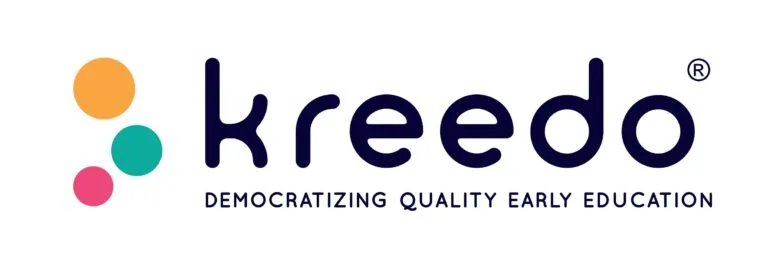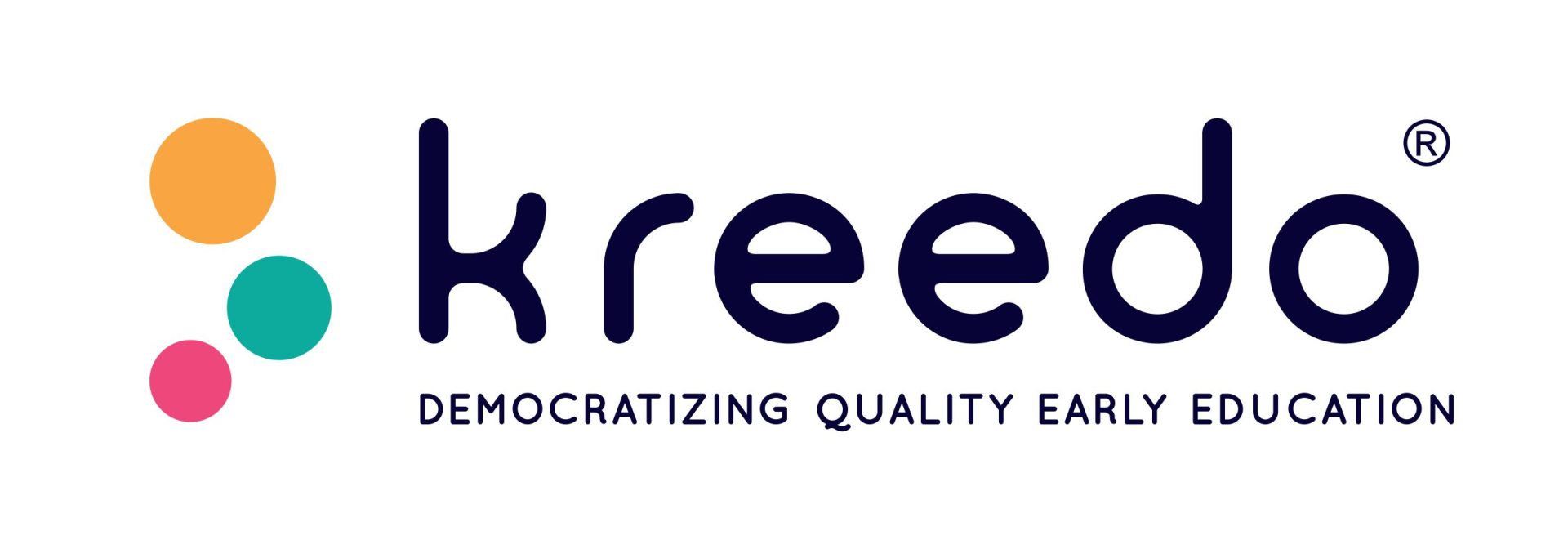Table Of Contents
- Introduction
- Daycare Preschool Purpose & Unique Selling Point
- Project Cost & Time to Recover and Profit
- Daycare Preschool Daily Operation Plan
- Teaching & Non-Teaching Staff
- Marketing & Advertising Plan
- Plan for Continuous Improvement
- Key Notes
- FAQs
Introduction
Starting a daycare preschool is easier when you have a set of guidelines to work according to. This set of guiding points is a preschool business plan. This document is essential, especially for first-time preschool owners. It details several key points and gives edupreneurs an idea of what needs more attention.
This blog takes a look at what these key points are and why they need extra care and thought. This will help budding edupreneurs pay extra attention to these preschool opening requirements.
Must read: Exploring the world of preschool education: Opportunities & Challenges
1. Daycare Preschool Purpose & Unique Selling Point
There may be other preschools in your area. What will set your daycare business apart from them? Preschool purpose and unique selling point help a preschool stand out from the rest.
Some people open preschools thinking about the ability to profit. Edupreneurs open preschools to contribute to the education system. They also do it to enrich children’s lives.
A preschool business plan requires eduprenuers to state how their preschool solves problems. This helps investors to visualise the success chances of your preschool business plan.
2. Project Cost & Time to Recover and Profit
Opening a business such as a daycare preschool will attract costs. The costs will vary in amount and owners need to keep track of them. This is especially true if owners plan to stay within a certain budget.
Costs of the following need consideration at the time of writing up the business plan:
- Cost of renting/buying preschool premises
- Furniture and interior designing
- Exterior designing
- Teaching and non-teaching staff salaries
- Security costs (fencing/walls, security cameras, guards)
- Teaching equipment
- Utilities
- Other cost (maintenance, food, toys)
Making realistic cost estimations can give owners insight into the actual running costs of a preschool. And more importantly, it gives an idea of costing that will help to cover the initial opening costs.
3. Daycare Preschool Daily Operation Plan
Apart from the setup costs, day-to-day operations will attract costs as well. These apply to utilities, perishable goods, and certain teaching materials. These are some of the basic preschool opening requirements.
Estimating daily costs allows for an estimation of monthly running costs. Comparing monthly costs then allows owners to see the pattern of spending. It can help identify areas which bring the most costs and which bring the least.
Daily operation cost estimation ensures money remains for the running of the preschool.
Check this comprehensive preschool business plan, cost, and essential requirements to get an idea of what to expect.

4. Teaching & Non-Teaching Staff
Staff are an important part of a daycare preschool. They directly influence the quality of education. Ensuring the best staff is important to achieve an excellent standard of education.
Non-teaching staff help in ensuring the smooth running of daily activities at the preschool. This makes hiring the right staff with adequate experience and good character important.
Preschool owners will not want to cut corners when it comes to staffing their preschools. Hence, the importance of considering staff in the business plan.
An effective preschool business plan needs to mention the following:
- Number of teaching and non-teaching staff
- Experience and qualifications of all staff
- Opportunities for teachers’ training programs
- Salaries of teaching and non-teaching staff
- Student-to-teacher ratio
Skilled staff are one of the most common preschool opening requirements. Preschool owners need to invest time and money into finding the right staff. After this, they also need to consider improving their staff in terms of teachers’ skills and character.
Take a look at how to hire and train preschool staff.
5. Marketing & Advertising Plan
Marketing and advertising sections are a vital part of a preschool business plan. It details how owners intend to spread awareness about their preschool.
Furthermore, it also mentions an advertising plan. This details how to ensure steady admissions. Using various marketing and advertising methods will draw positive engagement from the community.
Ideas or campaigns for spreading awareness of admission offers are also important. Not sure how to market a preschool. These are marketing strategies to build your preschool brand.
6. Plan for Continuous Improvement
Like all businesses, an improvement plan needs to be in place. This will ensure that the preschool business maintains a high level of education. It will also make sure that the preschool will grow over time.
This part of the business plan will show what the owner’s ambitions for the daycare preschool are. Whether they wish to expand, open more branches, or offer additional services for more grades.
This may prove helpful when starting the preschool as it leaves the scope open for the future.
Are you an Edupreneur looking for guidance in starting a successful preschool? You can consult an expert like Kreedo. As the leading preschool solutions provider, Kreedo helped start 2200+ schools in India.
Ready to start your preschool?
Stuck between franchise and non-franchise preschool models? Here are the facts: Everything you should know about preschool franchise.
Key Notes
A daycare preschool business plan acts as a roadmap for edupreneurs when it comes to starting their preschool. Making it highly detailed and accurate can help later on. Ideally, key business plan points to consider are:
- Preschool’s Purpose & Unique Selling Point
- Project Cost & Time to Recover and Profit
- Daily Operations Plan
- Teaching & Non-Teaching Staff
- Marketing & Advertising Plan
- Plan for Continuous Improvement
Undertaking the time to assess each of these points now makes it easier to work later. They are all key aspects of starting and running a business. Creating clarity around them in the preschool business plan will help.
FAQs
Q 1) What are the benefits of choosing preschool solutions?
Ans) There are several benefits of partnering with a solutions provider like Kreedo. You get support, guidance, and benefit from their knowledge. Kreedo will help you select a daycare preschool location. They will also help hire and train teachers and put in place a successful curriculum.
Q 2) What is a business plan?
Ans) Business plans are documents that highlight various aspects of a business venture. This includes objectives, strategies, operation details, and prospective costs.
Q 3) Why is having a business plan important?
Ans) A preschool business plan will be essential for better decision-making. It will also aid in the long-term success of a business. Owners must draw up a business plan before starting a business. It helps to provide a realistic idea of what costs it will attract and how it will operate with success.
















